Protecting Your Home from Summer Humidity: HVAC Solutions That Work
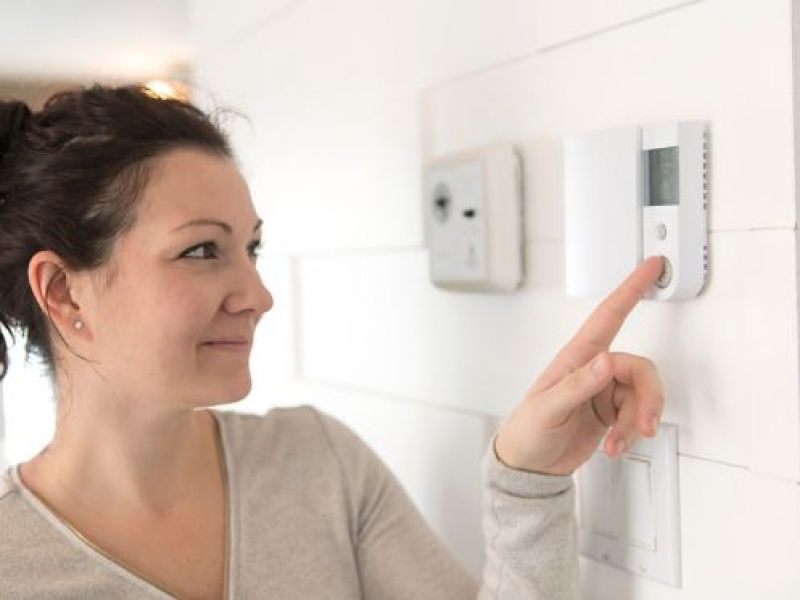
Table of Contents
If you live in Florida, you have definitely seen some smoldering hot summers and have gone through a fair share of summer humidity. Unfortunately, humidity can be a pesky issue.
When humidity levels spike, it isn’t only almost insufferable for us to go about our daily errands, but it’s also tough on our cooling systems to keep working properly. The main purpose of ACs is to control the temperature, not improve the indoor air quality, which is tainted in case of high humidity.
Keep reading as we cover ways to protect your home from summer humidity and learn some nifty tips on moisture prevention during hot, summer days.
The Challenges and Issues With High Humidity
To describe high humidity, we’d say it’s an occurrence that happens when humidity levels are beyond 50%. When this happens, the air becomes saturated with moisture, affecting our bodies and the surroundings. Just as your body reacts to moisture by sweating excessively (the natural response to staying cool), your cooling system, more commonly ACs, does the same. These systems work overtime to maintain a cool indoor temperature.
If left untreated, high humidity levels can cause a series of problems, from bacteria growth to mold and more. The majority of ACs have a dehumidifier option, but those are usually not enough to suppress the negative effects of indoor humidity.
Yet, these dehumidifying options trick a lot of homeowners into believing that their AC is all they need for moisture prevention and summer humidity control, but that is not the case.
Your air conditioner has a drip pan and line that help manage condensation. Unfortunately, these systems can get overwhelmed when humidity levels get too high. If the drip pan overflows, your AC system may shut down automatically to prevent electrical shorts. But even if it doesn’t, dealing with excess humidity can cause added stress on your cooling system, increasing the chance of malfunctions or breakdowns.
Plus, you can expect the monthly cooling bills to be significantly higher than they would be otherwise! It’s essential to remember that with this added strain, your air conditioner may have a shorter overall lifespan than it would have had with proper care and maintenance.
A Whole-House Dehumidifier Solution Is a Great Antidote to Humidity
Have you ever heard of a whole-house dehumidification system? The basic working principles are the same with your air conditioner, with one important difference. The sole purpose of a dehumidifier is to lower the humidity levels in your home. That means you can customize the moisture levels to fit your preferences. This system is incredibly effective at keeping humidity levels balanced throughout your home, which is important for protecting your property and your health.
If you allow humidity to build up over time, it can effectively contribute to mold and mildew growth, which is not something you want in your home. By incorporating a whole-house dehumidification system, you proactively ensure your home stays healthy and comfortable.
Dehumidification systems are a great way to improve the air quality inside your home (or a business premise). You might think a typical air conditioner will decrease humidity to some degree. Still, a whole-house dehumidification system is much more effective for moisture prevention. Whole-house dehumidification systems are easy to incorporate into an existing AC setup.
Humidifiers vs. Dehumidifiers vs. Air Conditioners
Even though air conditioners can dehumidify the air and help with moisture prevention, it’s important to remember that their main feature is to cool indoor air. In that context, humidification comes down as a cooling process that takes place inside the cooling unit.
- Air conditioners primarily introduce cool air, and while they dehumidify the air to some extent, it’s more about the cooling process within the system.
- For those struggling with HVAC humidity control, it’s worth considering other alternatives to managing the moisture level in your home.
- Humidifiers and dehumidifiers are two devices that can help combat humidity problems. Homes that are always humid need a dehumidifier.
- On the other hand, homes that have dry air and consistently low humidity levels need a humidifier.
When it comes to HVAC systems, rest assured that HVAC units do remove humidity. While an HVAC system’s primary purpose is to regulate temperature, it draws moisture out of the air as a natural byproduct of the cooling process, contributing to effective summer humidity control. As the temperature drops, the air’s ability to hold moisture decreases, causing excess moisture to condense on the evaporator coils.
Tips to Stay Cool This Summer
Besides going for an efficient HVAC system, there are other ways you can ensure you and your home stays nice and cool by following these hassle-free tips:
- Block the heat with blinds, especially on west and north-facing windows;
- Close the doors and seal any gaps, especially if you’re using a split cooling system;
- Adjust ceiling fans by setting them to move counter-clockwise, especially during the summer;
- Wear cotton clothes since the fabric is breathable and helps cool your body down (also use cotton bed sheets);
- Change incandescent light bulbs as these generate a lot of heat. Switch to energy-saving light bulbs instead.
The Wrap-Up: Staying Cool in Summer With Effective HVAC Solutions
Knowing how to stay on top of summer humidity control starts by understanding what works and what does not. For example, your standard AC unit is not primarily designed for moisture prevention but to keep the indoor air cooler. Granted, most ACs come equipped with dehumidifying options, but in all fairness, those are not robust enough to combat severe Florida humid weather.
Luckily, Air Docs is a company that can tackle humidity and moisture issues in your home in no time. Offering affordable and reliable cooling services, the pros at Air Docs know how to handle even the most challenging problems. Got questions? Get in touch today.
Other Blogs You May Be Interested In
Categories

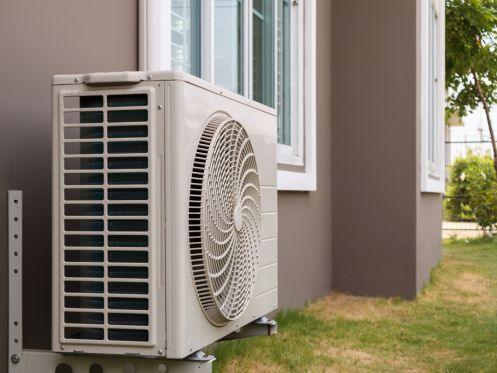


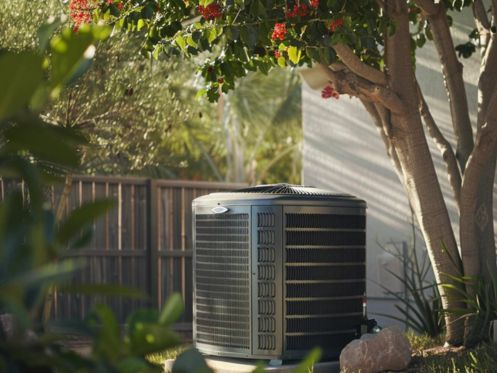

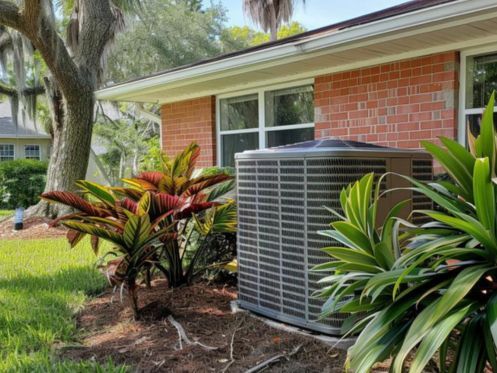
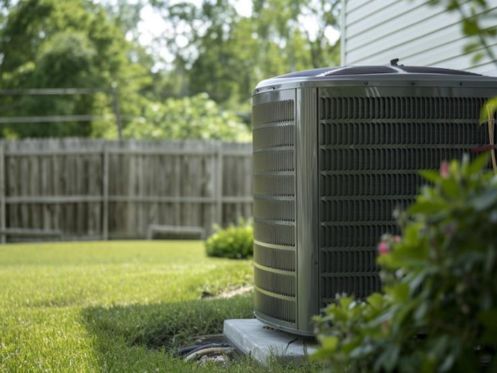
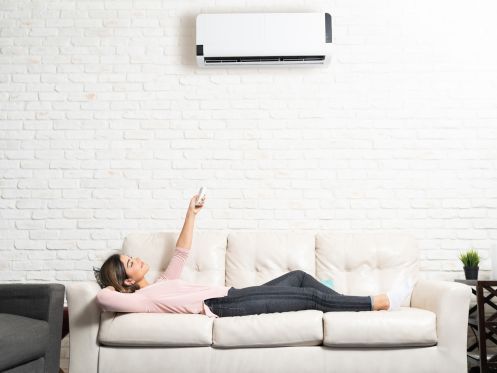
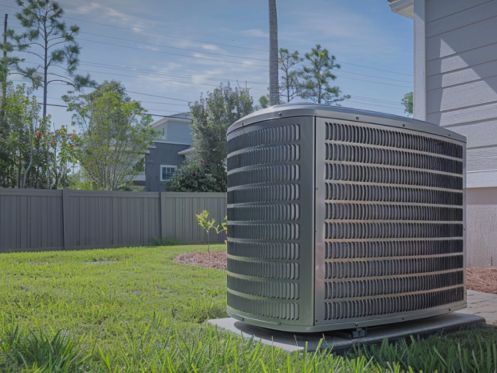
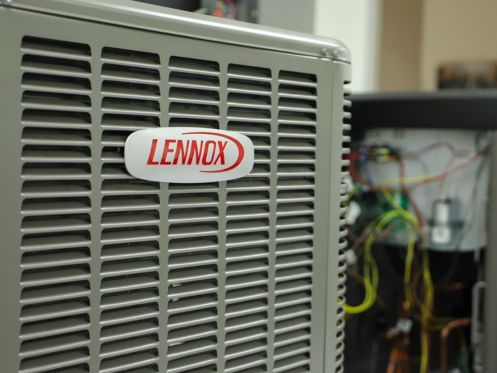

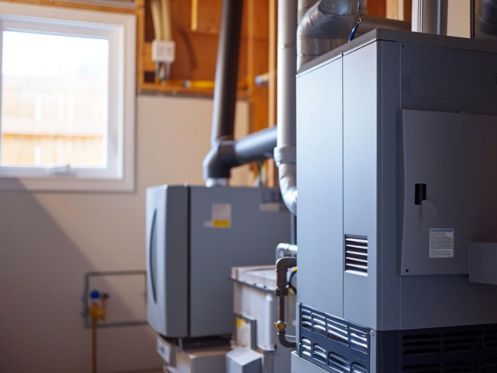
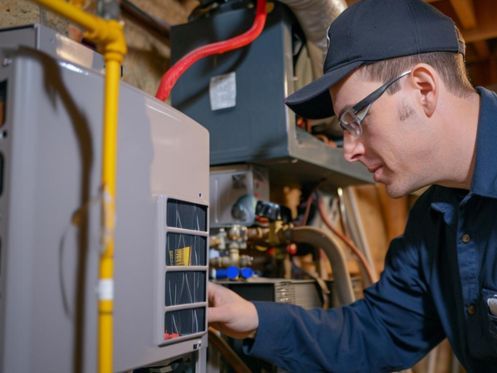
Leave a Reply